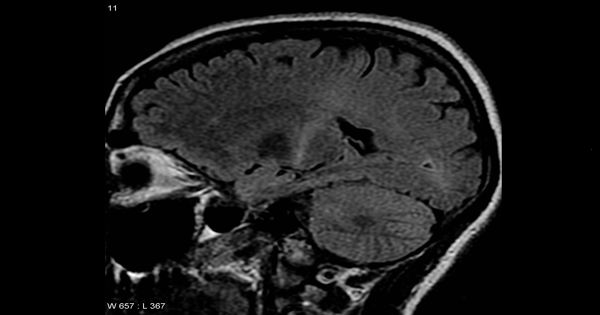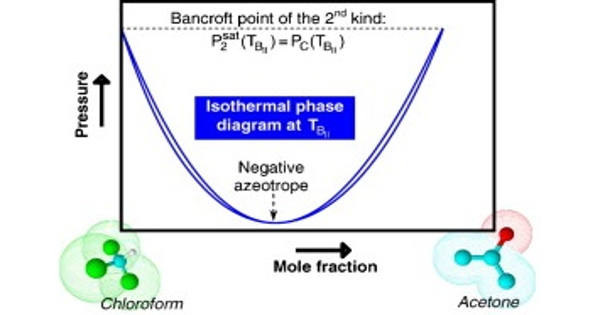Researchers from Penn State College of Medicine and the University of Minnesota conducted a study to see if drugs like dextromethorphan, which is used to treat cold and flu-related coughs, may be repurposed to help individuals give up smoking.
In order to find the medications, they created a revolutionary machine learning technique that uses computer programs to look for patterns and trends in data sets. They claimed that some of the drugs are already being evaluated in clinical trials.
Smoking causes close to 500,000 deaths annually in the United States and is a risk factor for respiratory illnesses, cancer, and cardiovascular disease. While smoking habits can be acquired and unlearned, heredity also affects a person’s likelihood of doing so.
In a previous study, the researchers discovered that some genes increase a person’s risk of developing a tobacco addiction.
Using genetic data from more than 1.3 million people, Dajiang Liu, Ph.D., professor of public health sciences, and of biochemistry and molecular biology and Bibo Jiang, Ph.D., assistant professor of public health sciences, co-led a large multi-institution study that used machine learning to study these large data sets which include specific data about a person’s genetics and their self-reported smoking behaviors.
Some of the drugs we identified are already being tested in clinical trials for their ability to help smokers quit, but there are still other possible candidates that could be explored in future research.
Professor Dajiang Liu
More than 400 genes associated to smoking behaviors were found by the researchers. They had to figure out why some of the millions of genes a person possesses were linked to smoking habits.
Easy-to-understand links existed between genes that carry instructions for the creation of nicotine receptors or are involved in signaling for the hormone dopamine, which makes people feel calm and content.
The research team had to figure out what function each of the remaining genes plays in biological processes and, using that knowledge, discover what drugs are already approved for altering those existing pathways.
Since people with European ancestry make up the majority of the study’s genetic data, the machine learning model had to be modified to analyze that data as well as a smaller data set of about 150,000 persons with Asian, African, or American ancestry.
Liu and Jiang worked with more than 70 scientists on the project. They discovered at least eight drugs that might be used to treat smoking cessation, including dextromethorphan, which is frequently prescribed to treat cold and flu-related coughs, and galantamine, which is used to treat Alzheimer’s disease.
The study was published in Nature Genetics today, January 26, 2023.
“Re-purposing drugs using big biomedical data and machine learning methods can save money, time and resources,” said Liu, a Penn State Cancer Institute and Penn State Huck Institutes of the Life Sciences researcher. “Some of the drugs we identified are already being tested in clinical trials for their ability to help smokers quit, but there are still other possible candidates that could be explored in future research.”
Even though the machine learning method could only combine a tiny amount of data from different ancestries, Jiang emphasized that it is still crucial for researchers to compile genetic databases from people of various ancestries.
“This will only improve the accuracy with which machine learning models can identify individuals at risk for drug misuse and determine potential biological pathways that can be targeted for helpful treatments.”
Other College of Medicine authors on the project include Fang Chen, Xingyan Wang, Dylan Weissenkampen, Chachrit, Khunsriraksakul, Lina Yang, Renan Sauteraud, Olivia Marx and Karine Moussa. They declare no conflicts of interest.
















